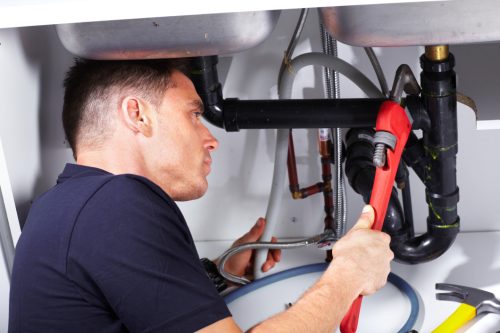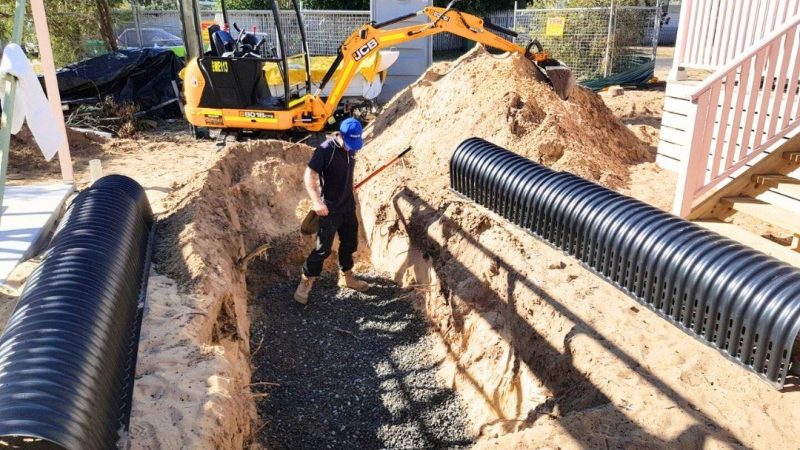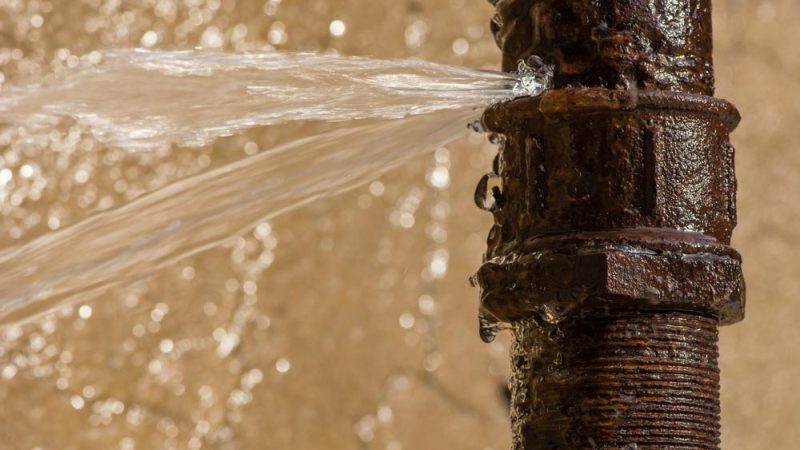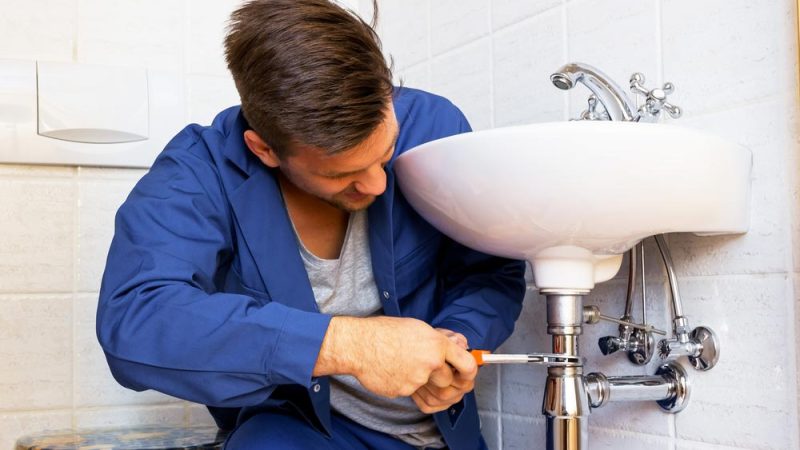2020 is becoming the year of the blocked drain. With Covid-19 fuelling a rise in toilet paper alternatives like so-called flushable wipes, more and more homes are having trouble with drains and toilets becoming clogged.
If you live in the Central Coast area and have experienced a blocked drain, the hassles of a backed-up kitchen sink or a toilet that won’t flush, then let us help you gain an understanding of what not to put down your drains. Whether you own your home or you are a tenant, you can learn to spot the early signs of a blocked drain. Some of the most common reasons for a main sewer or home blocked drain includes:
- Tree roots
- Fat, oil or grease build-ups
- flushable wipes and other toiletries
- Sewer line collapse
Keeping your home drains free of obstructions will go a long way to preventing a more expensive blockage in the main sewer lines. The above listed blockages outside your home can cause a domino effect, bringing sewage and dirty water overflow into your home’s sinks, toilets, and ground level floors. You can avoid the need for an emergency plumber by not putting the following items down your home drains:
- Large food chunks
- Coffee grinds and eggshells
- Oils, fats, and automotive grease
- Feminine hygiene products
- Baby wipes and paper towels
- Flushable cat litter
Eventually, some of the above items will flow into your home’s sinks, toilets, or basement drains and start the chain reaction of a blocked drain. There are ways to avoid a clogged drain and the expense of an emergency plumber on the Central Coast.
1. Keep your kitchen sink and dishwasher free of food waste
A plug strainer will catch any food particles that are cleaned from dishes or accidentally dropped into the kitchen sink. A quick rinse of used cutlery and plates will not only reduce the wear and tear on your dishwasher, but will also help keep the drain lines from becoming clogged.
2. Prevent a toilet blockage by being careful what is flushed away
Do not flush baby/sanitary wipes or feminine hygiene products down the toilet. These items do two things that can clog a toilet – they absorb water and they do not break down easily. Teach children that the only thing to put in the toilet is toilet paper – and avoid putting too much of that in at one time.
3. Ensure your shower drains are clean and clear
Use a good drain cover that prevents hair from going down the drain. Also, it is advisable to rinse a cup of vinegar or a handful of baking soda down the shower drains every so often. As with the other drains, avoid pouring grease or oils down the shower drain or in the toilet.
4. Don’t Put Cooking Oil Down The Drain
All of those small bits and bobs that are left on your plates and pans as you are washing up, tall go down that one small drain and will eventually find each other and conglomerate to create something more substantial. Grease and fat cling more than you might think and accumulated over time it will always cause a blockage.
As our own expert plumber Brad Pesavento explains, “you don’t put cooking oil down the sink, once that cooking oil hits cold water it solidifies and sits in the drain”. Worst of all, chemicals and home remedies won’t unblock it, you’ll need a water jet to properly clear it out.
5. Don’t Flush So-Called “Flushable Wipes”
No matter how much they are marketed, flushable wipes are not designed to be flushed down the toilet. They don’t breakdown and can get caught on your pipework, eventually building up until you’ve got a serious sewer overflow problem.
6. Avoid Plastic Toilet Deodorizers
These plastic deodorizers may keep your toilet smelling fresh but they’re a nightmare when accidentally flushed or when they break off. When this happens, there’s even a risk of having to replace your entire toilet.
Helpful Tips For Unblocking Drains
If you are attempting to unblock an outdoor sewer drain, here are helpful guidelines. If it is your home’s indoor drainage system that has become clogged, here are 3 methods to unblock your drain:
Method 1 – Use a plunger bought from any hardware store and attempt to clear drain by pumping the plunger up and down over the drain. If the blockage is soft and made up of hair or soap if may break down and pass through the system. Run hot water to flush any remaining particles through the pipes.
Method 2 – Mix 1/3 cup of vinegar and baking soda together and immediately pour the mixture down the clogged drain. The fizz of this solution can break down gunk and grease, causing other debris to readily move through the pipes.
Method 3 – Pour boiling water down the drain to quickly disintegrate paper and grime. You may have to repeat this procedure two or three times before the drain starts to flow.
When you cannot unblock a drain yourself, then it’s time to call an emergency plumber like us, O'Brien Plumbing Wyong to unblock your drains and prevent more damage to your home’s plumbing system or interior surfaces. If the pipes are old and possibly corroded, or if you have a serious blockage that requires the use of a plumber’s snake or water jetting, it is always advised to seek the help of a professional plumber to clear your pipes.




